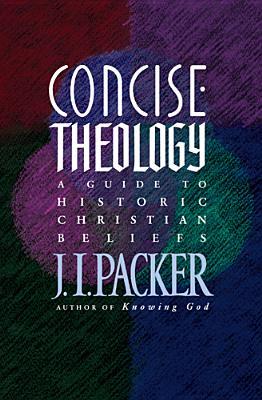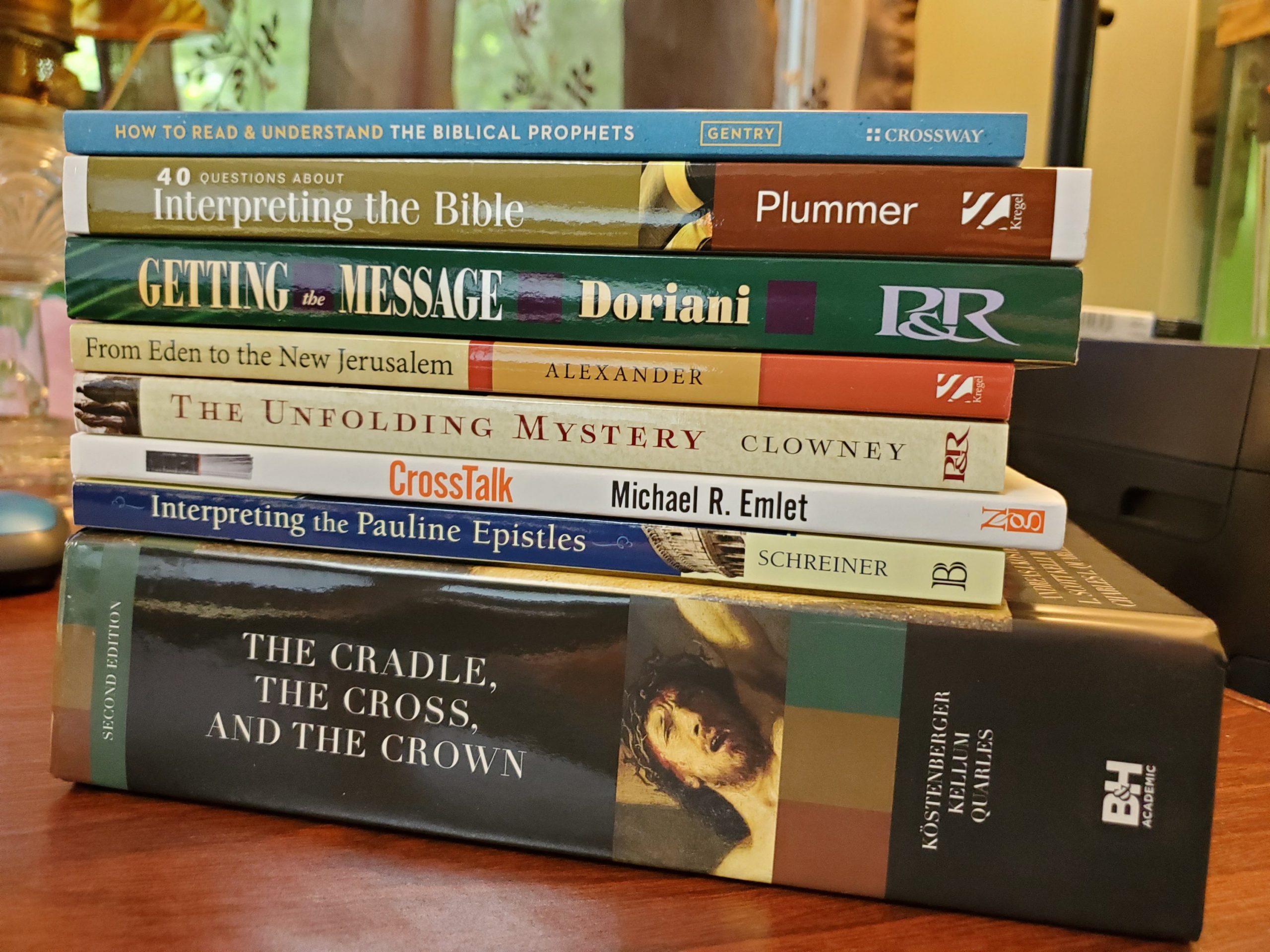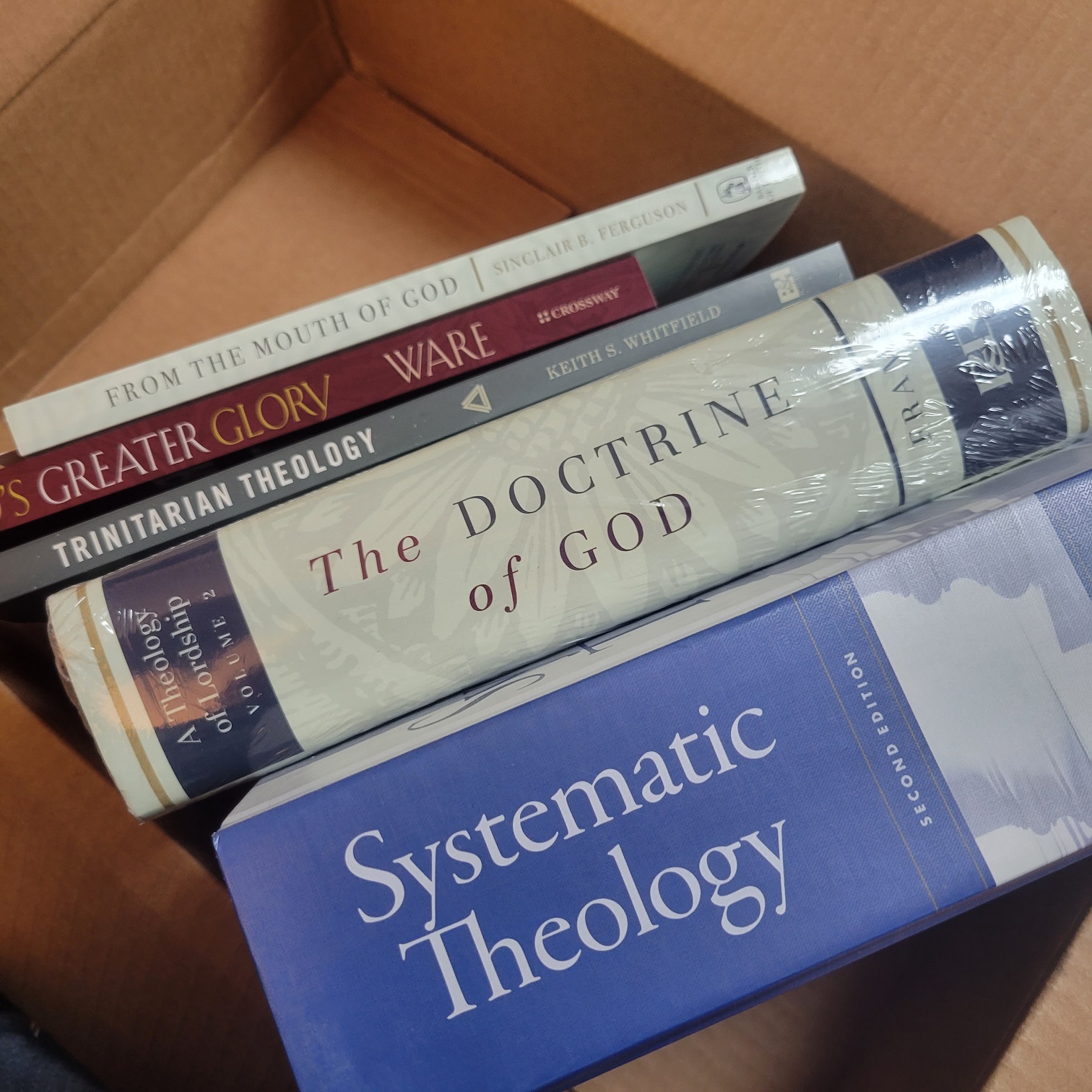The Conscience, As Illustrated by Ezra and Nehemiah
I’m currently reading Nehemiah: A Pastoral and Exegetical Commentary, as part of Introduction to Old Testament I (SBTS). Really enjoying it so far. It strikes a good balance between textual matters and application in the life of the church.

In Chapter 2, in the section concerning 2:7-8a, I ran upon this section, that made me stop and think:
Nehemiah basically makes two requests. The first request is for letters ensuring his safe passage to Judah. As noted in the books of Ezra and Nehemiah, Judeans faced stiff resistance and oppression from their enemies (see Ezra 4-6; Neh 4). Obviously, Nehemiah knows of the dangers and asks the king for help. It may be of interest to note that about thirteen years earlier Ezra refused to ask the king for an escort to travel from Persia to Judah because he had told the king, “The hand of our God is favorably disposed to all those who seek Him” (Ezra 8:22b). Brown’s comments are helpful for thinking about the differences between Ezra and Nehemiah:
Everybody is different and there is nothing monochrome about God’s servants. Thirteen years earlier Ezra had refused the offer of Persian soldiers to accompany his people on their way back to Judah, believing the “gracious hand of our God is on everyone who looks to him.” But Nehemiah maintained that because the gracious hand of God was upon him, the king granted his request for protection. One man’s commitment to God precluded the escort; the other welcomed it. Ezra regarded soldiers as a lack of confidence in God’s power; Nehemiah viewed them as evidence of God’s superlative goodness…We must not rigidly stereotype believers into identical patterns of spirituality.
Both Ezra and Nehemiah sought to honor God in what they did, and God blessed both of them for it. Depending on the Lord and acting in a way that brings him glory must be the preeminent goal. God will bless the efforts of such individuals regardless of the various paths they take to accomplish it.
Nehemiah, T.J.Betts, pp. 33-34
That reminds me of the classic set of verses in Proverbs (26:4-5), Answer not a fool according to his folly, lest you be like him yourself. Answer a fool according to his folly, lest he be wise in his own eyes. So which is it? Faced with a fool, are we to answer or stay quiet? Yes! Wisdom and humility make all the difference. Or, jumping to Romans 14:4, Who are you to pass judgment on the servant of another? It is before his own master that he stands or falls. And he will be upheld, for the Lord is able to make him stand.
Some things are going to be one way and one way only. I am the way, and the truth, and the life. No one comes to the Father except through me, says Jesus in John 14:6. But Nehemiah, though Dr. Betts, provides a helpful reminder that with much of life, including a faithful walk before God, humility is still necessary, our way of “getting the job done” may not be the only way, or even the best way, and that God’s glory should be determinative. And, I’m inclined to believe the Spirit has something to say, too.



